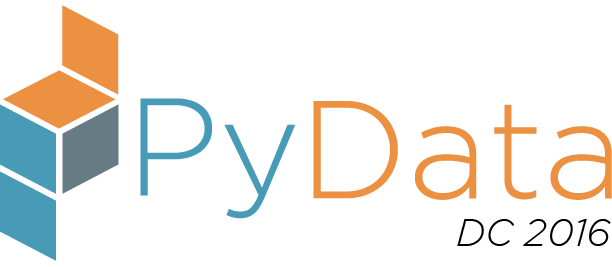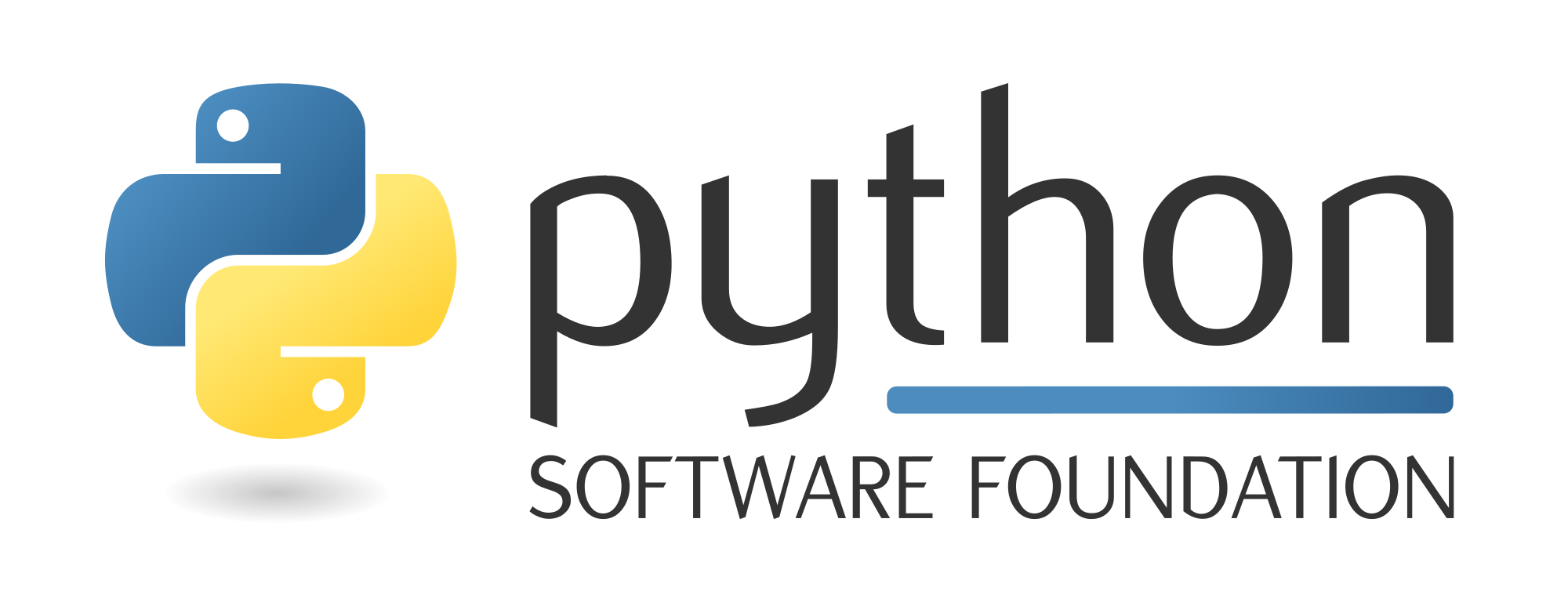Saturday 4:45 PM–5:30 PM in Room #1023/1022/1020 (1st Floor)
Variational Inference in Python
Austin Rochford
- Audience level:
- Intermediate
Description
Inference in Bayesian models often requires simulation to approximate posterior distributions. Variational inference (VI) instead approximates posteriors through optimization. Recent theoretical and computational advances in automatic variational inference have made VI more accessible. This talk will give an introduction to VI and show software packages for performing VI in Python.
Abstract
Bayesian inference has proven to be a valuable approach to many machine learning problems. Unfortunately, many interesting Bayesian models do not have closed-form posterior distributions. Simulation via the family Markov chain Monte Carlo (MCMC) algorithms is the most popular method of approximating the posterior distribution for these analytically intractible models. While these algorithms (appropriately used) are guaranteed to converge to the posterior given sufficient time, they are often difficult to scale to large data sets and hard to parallelize. Variational inference is an alternative approach that approximates intractible posteriors through optimization instead of simulation. By restricting the class of approximating distributions, variational inference allows control of the tradeoff between computational complexity and accuracy of the approximation. Variational inference can also take advantage of stochastic and parallel optimization algorithms to scale to large data sets. One drawback of variational inference is that in its most basic form, it can require a lot of model-specific manual calculations. Recent mathematical advances in black box variational inference (BBVI) and automatic differentiation variational inference (ADVI) along with advances in open source computational frameworks such as Theano and TensorFlow have made variational inference more accessible to non-specialists. This talk will begin with an introduction to variational inference, BBVI, and ADVI, then illustrate some of the software packages (PyMC3 and Edward) that make these variational inference algorithms available to Python developers.










